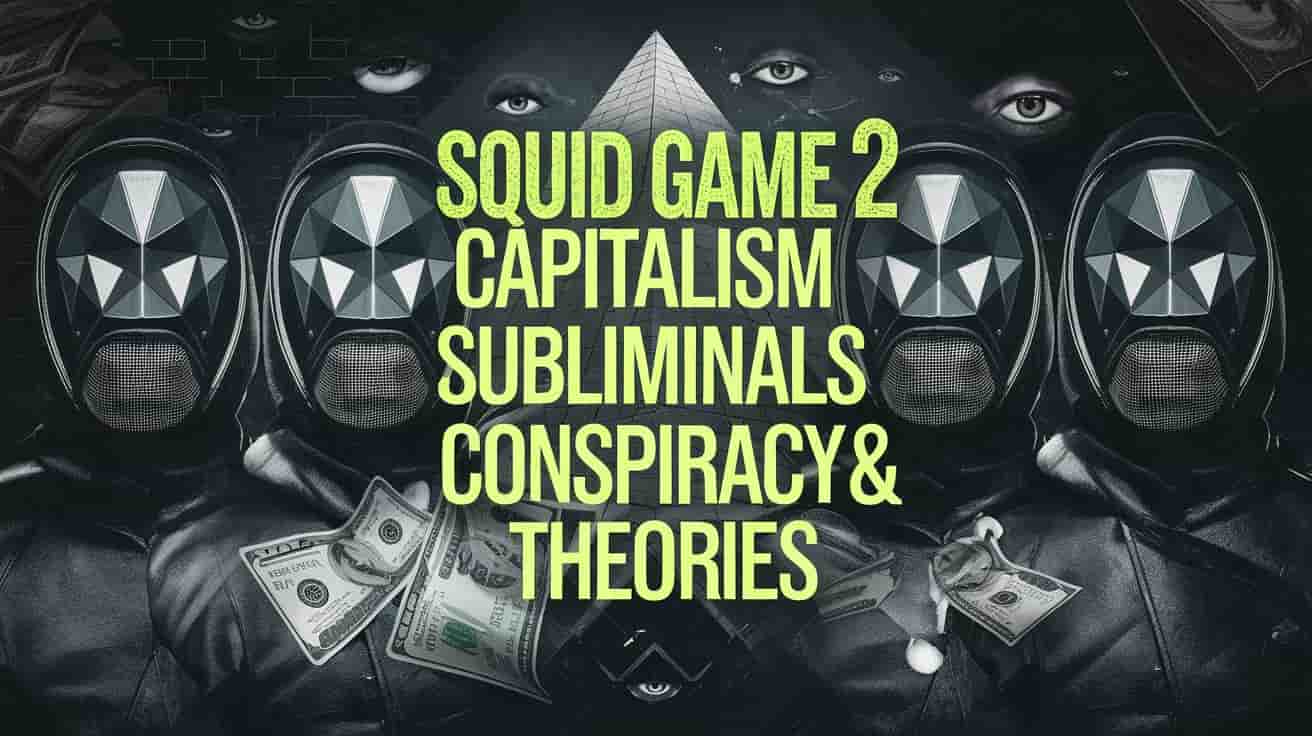Eyes Wide Shut: Kubrick’s Death and Conspiracy Theories
Stanley Kubrick, a legendary filmmaker known for his groundbreaking work, left a lasting legacy in cinema. His final film, Eyes Wide Shut (1999), gained attention not only for its daring exploration of sexual and psychological themes but also due to the mysterious circumstances surrounding Kubrick’s sudden death shortly after the movie’s release. Some believe that Kubrick’s untimely passing relates to the film’s portrayal of powerful elites and secret societies. In this post, we’ll delve into Kubrick’s death, Eyes Wide Shut, and the conspiracy theories that speculate about the real reason behind his death.
Kubrick’s Final Film: Eyes Wide Shut
In Eyes Wide Shut, Kubrick investigates the psychological dimensions of sexual desire and societal repression. The story follows a married couple, played by Tom Cruise and Nicole Kidman, as they navigate jealousy and temptation in their relationship. As they unravel a world of secretive, masked figures, Kubrick paints a picture of a hidden society that manipulates global events from the shadows.
Kubrick’s perfectionism on set led to extensive reshoots, with some sequences taking up to a year to finalize. The mysterious production process sparked speculation about Kubrick’s deeper intentions. Some people began to suspect that the film wasn’t just an exploration of human psychology but also a deliberate attempt to expose the hidden power structures in society. The film’s content may have been a coded message about the powerful forces controlling our world.
Kubrick’s Sudden Death
Stanley Kubrick passed away on March 7, 1999, from a heart attack, just days after Eyes Wide Shut premiered. While the official cause of death was natural, many found the timing suspicious. Conspiracy theorists began to suggest that Kubrick’s death was connected to the film’s content, particularly its focus on secret societies and influential elites. Some theorists even believe that Kubrick had uncovered sensitive information that led to his demise.
The timing of his death, following the release of a film that tackled such controversial themes, fueled these speculations. Kubrick’s exploration of hidden power structures in Eyes Wide Shut may have led to a dangerous revelation, according to those who believe his death was orchestrated to prevent him from exposing too much.
Theories of Kubrick’s Murder
Some conspiracy theorists argue that Kubrick’s death wasn’t accidental but a targeted action. They claim that Kubrick’s detailed examination of elite secret societies and their influence over world affairs in Eyes Wide Shut made him a threat. These theorists suggest that Kubrick had unearthed dangerous truths and that his death was the result of a deliberate attempt to silence him.
Many people point to Kubrick’s extensive body of work, which consistently questioned the nature of power and control. His filmography, particularly Eyes Wide Shut, delves into the manipulation and secrecy at the heart of global systems. Kubrick’s interest in these topics may have led him to uncover uncomfortable truths that powerful figures sought to keep hidden. As a result, they argue, Kubrick’s death was not a random event, but a strategic action by those who feared the filmmaker’s revelations.
Kubrick and Alleged Ties to Secret Societies
Kubrick’s films often dealt with themes of manipulation, hidden knowledge, and societal control. His ability to see the deeper layers of power structures within society made many believe that he wasn’t just a filmmaker—he might have been revealing truths that could threaten the establishment. In Eyes Wide Shut, Kubrick’s portrayal of powerful, masked figures secretly controlling events suggests that he had insight into the workings of hidden societies.
Many theorists argue that Kubrick’s close examination of secret societies was more than artistic expression; it might have been his way of exposing the deep, shadowy forces operating behind the scenes. His work had a way of addressing uncomfortable truths, leaving viewers to question the very nature of control and influence in their own lives.
The Enduring Legacy of Eyes Wide Shut
Despite the theories surrounding Kubrick’s death, Eyes Wide Shut remains a powerful film. It tackles complex topics of power, secrecy, and the hidden desires that shape society. The film challenges viewers to question the structures that govern their lives, suggesting that much of what we know may be influenced by forces beyond our understanding.
The film continues to provoke thought and debate about Kubrick’s intentions. Was he trying to expose truths about secret power structures, or was it simply a work of fiction? The unanswered questions and the mystery of Kubrick’s death ensure that Eyes Wide Shut will remain a relevant part of the conversation about the intersections of art, secrecy, and power.
The Mystery Lives On
The mysterious circumstances surrounding Stanley Kubrick’s death still stir intrigue and speculation. As Eyes Wide Shut explores the nature of hidden power, many believe that Kubrick’s sudden death may have been tied to his investigation into these forces. Theories about his passing continue to spark conversation, and the legacy of his final film remains intact, prompting viewers to examine the secretive structures that influence global events.
Kubrick’s untimely death, combined with the content of his final film, adds another layer to the mystery. Whether it was a coincidence or a calculated act by those he sought to expose, the questions surrounding his death—and the truths he might have uncovered—will likely remain unanswered for years to come. However, Kubrick’s exploration of power, secrecy, and control ensures that his legacy will live on, inspiring audiences to continue questioning the world around them.



Post Comment